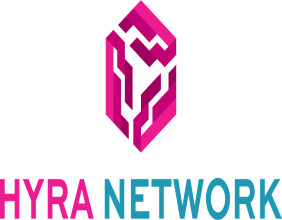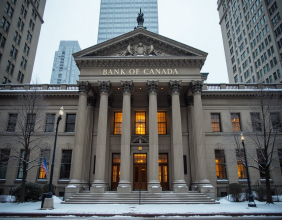Highlights
- The Cigna Group operates within the healthcare sector, providing a wide range of health services.
- The company manages a level of debt, which can impact overall financial stability.
- Volatility and debt are often key considerations when evaluating company risks.
The Cigna Group (NYSE:CI) is a prominent name in the healthcare sector, offering various services such as medical care plans, pharmaceutical benefits, and specialized healthcare services. Companies operating in this sector often deal with large-scale operations, and managing finances efficiently is crucial to their success. In the healthcare industry, both operational costs and the need for continuous innovation can contribute to financial complexities.
Debt Management and Risk
One of the financial aspects many companies face is managing debt, and The Cigna Group is no exception. Carrying debt does not automatically imply financial instability, but it does require careful management. In some instances, companies can use debt to fuel growth or fund projects. However, understanding how a company manages its debt can provide insights into its financial health.
Debt plays a significant role in the overall risk assessment of companies in various sectors, including healthcare. When debt is not managed well, it can lead to challenges, especially during periods of market fluctuation. The way a company handles debt during these fluctuations can be an indicator of its financial resilience.
Volatility and Stability
Volatility in the market is often viewed as an indicator of risk, but it is not the only factor to consider. While some associate high volatility with increased risk, others argue that it is not always synonymous with risk. The Cigna Group, much like other companies in the healthcare industry, operates in a space where market shifts can occur due to changes in regulations, innovations, or healthcare policies.
In evaluating the overall risk of a company, it's essential to look beyond volatility and consider how external factors such as debt influence its stability. Managing debt effectively can help mitigate some of the risks posed by market volatility, allowing companies to maintain smoother operations in dynamic environments.
Healthcare Sector Dynamics
The healthcare sector is unique in that it is influenced by a range of factors, including regulatory changes, technological advancements, and societal needs. Companies like The Cigna Group need to navigate these complexities while maintaining financial stability. Debt is often a tool used by companies to invest in new technologies or expand their services, making it an integral part of their business operations.
Understanding the relationship between a company's financial strategy, including debt management, and the dynamics of the healthcare sector provides a clearer picture of its overall risk profile.





